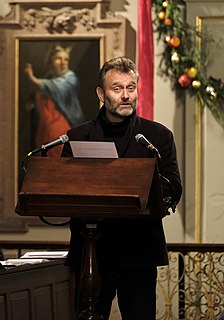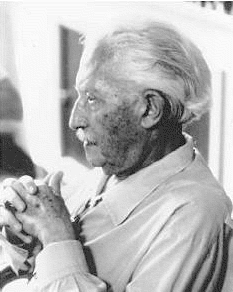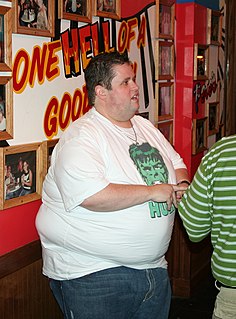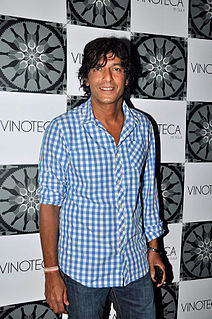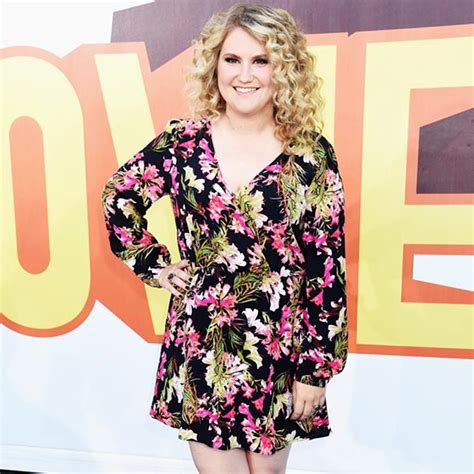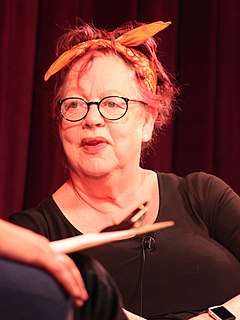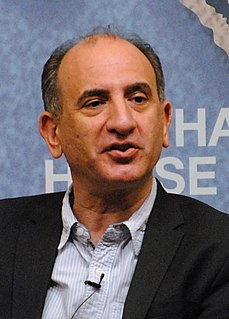A Quote by Debra Winger
I started out in stand-up, so it's very satisfying to make people laugh, but it usually means at your own expense.
Related Quotes
It's a long haul bringing up our children to be good; you have to keep doing that — bring them up — and that means bringing things up with them: Asking, telling, sounding them out, sounding off yourself — finding, through experience, your own words, your own way of putting them together. You have to learn where you stand, and make sure your kids learn [where you stand], understand why, and soon, you hope, they'll be standing there beside you, with you.
Watch how your mind judges. Judgment comes, in part, out of your own fear. You judge other people because you're not comfortable in your own being. By judging, you find out where you stand in relation to other people. The judging mind is very divisive. It separates. Separation closes your heart. If you close your heart to someone, you are perpetuating your suffering and theirs. Shifting out of judgment means learning to appreciate your predicament and their predicament with an open heart instead of judging. Then you can allow yourself and others to just be, without separation.
I started out being a stand up and writing my own material. That took me to Talk Soup, where I was writing and performing for TV. So everything is all the same job in my eyes, and I don't want to ever give up any part of it. I will say that stand-up is my first love; it's how I got started and is in my bones.
In the stand-up comedy top, there's room for everyone - if you're good, there's room for everyone. You'll put on your own show - no one casts you. You cast your own show as a stand-up comedian. When you get good at stand-up comedy you book a theater and if people show up, people show up. If people don't show up, people don't show up. You don't have a director or a casting agent or anybody saying if you're good enough - the audience will decide.

